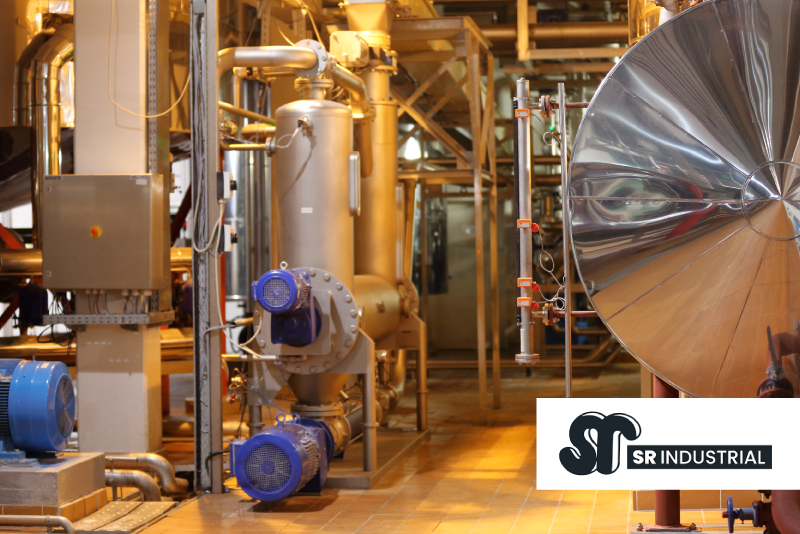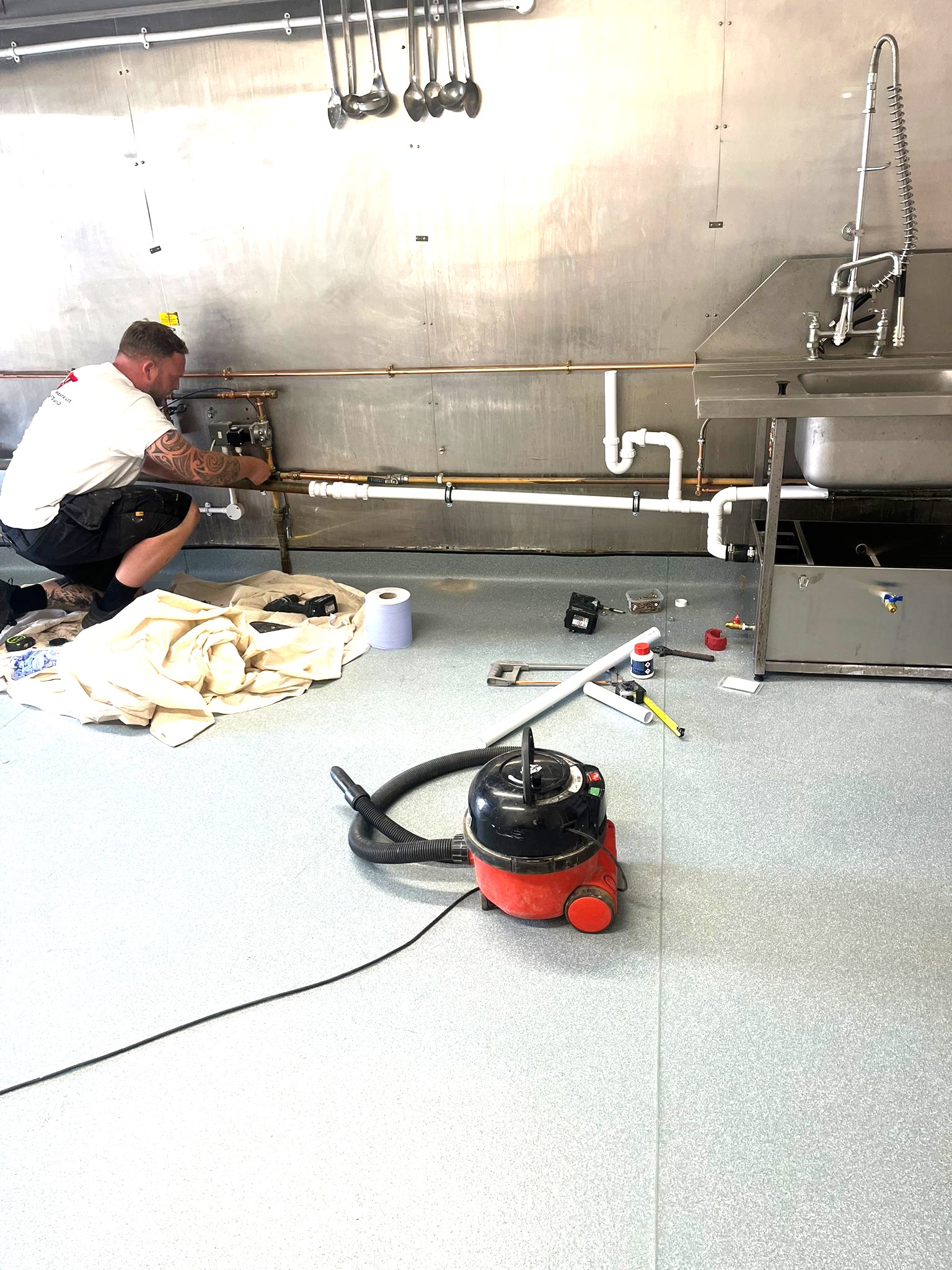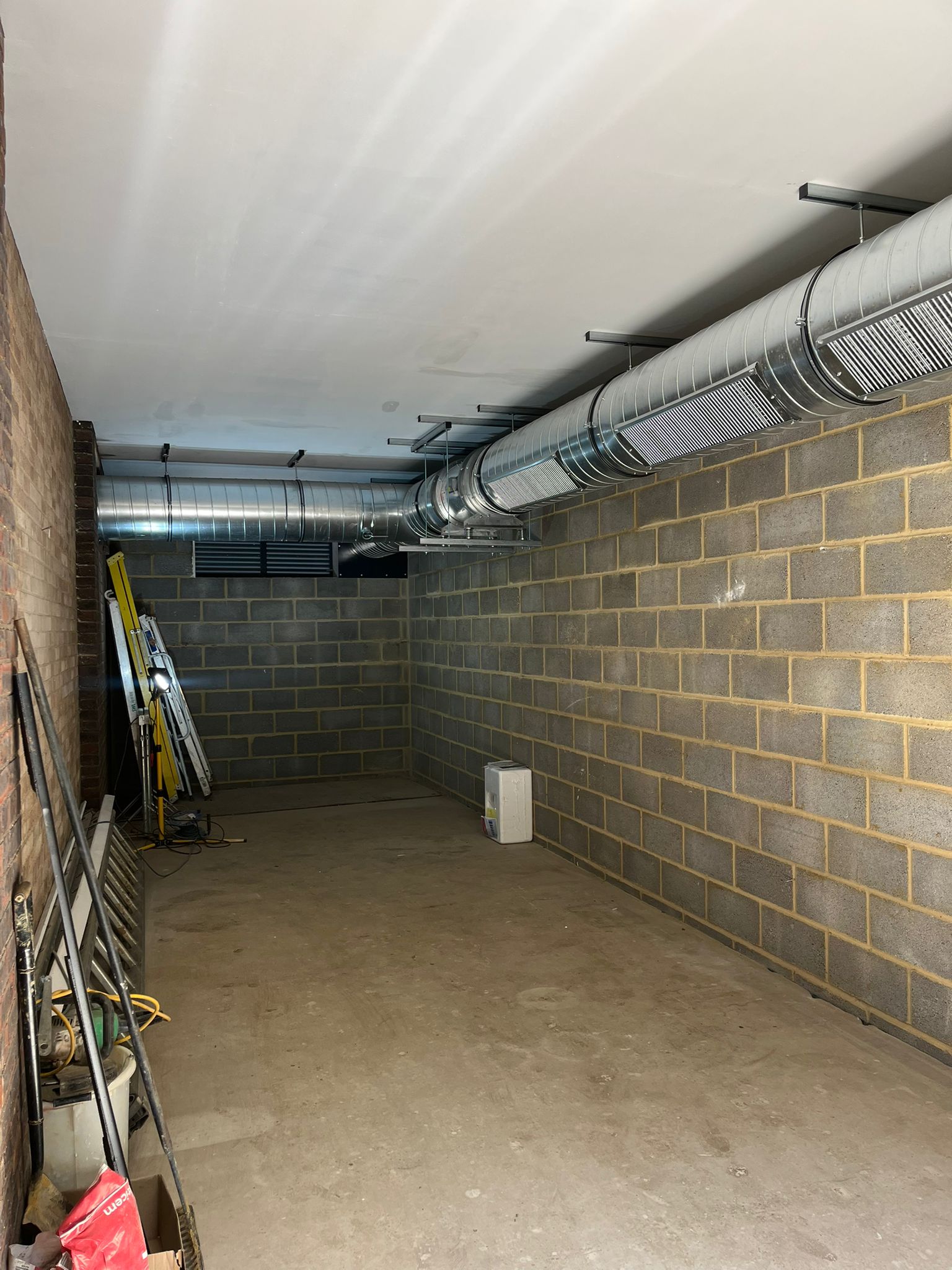Efficient Hot Water Solutions: Commercial Water Boilers 101

Understanding the Importance of Efficient Hot Water Solutions
When it comes to businesses and industries that rely heavily on hot water, having an efficient and reliable source of hot water is essential. Commercial water boilers play a crucial role in meeting these needs, providing a steady supply of hot water for various applications.
In this comprehensive guide, we will explore everything you need to know about commercial water boilers, from their types and benefits to installation, maintenance, and energy efficiency.
Overview of Commercial Water Boilers
Commercial water boilers are specialised heating systems designed to generate hot water on a large scale. They are commonly used in industries such as hospitality, food and beverage, healthcare, education, and manufacturing. These boilers come in different types, including electric, gas, and oil-fired boilers.
The Role of Commercial Water Boilers in Various Industries
In the hospitality industry, commercial water boilers are vital for providing hot water for guest rooms, kitchens, and laundry facilities. In the food and beverage industry, they are used for cooking, sterilisation, and dishwashing. Healthcare facilities require hot water for patient care, sterilisation of medical equipment, and laundry. Educational institutions use commercial water boilers for heating classrooms, dormitories, and swimming pools. Manufacturing and industrial facilities rely on these boilers for various processes, such as heating and cleaning equipment.
Types of Commercial Water Boilers
Commercial boilers come in different types, each with its advantages and limitations. Electric boilers are popular for their simplicity and easy installation, making them suitable for smaller businesses. Gas boilers are known for their efficiency and cost-effectiveness, while oil-fired boilers are preferred in areas where gas supply is limited. Each type has its considerations, and the choice depends on factors like fuel availability, space constraints, and budget.
Benefits of Commercial Water Boilers
Investing in a commercial water boiler offers several benefits. Firstly, it ensures a constant supply of hot water, eliminating the inconvenience and downtime associated with insufficient hot water. These boilers are designed to handle high-demand applications, ensuring uninterrupted operation. Additionally, they are highly efficient, providing cost savings on energy bills. The precise temperature control allows businesses to customise their hot water needs. Moreover, modern commercial boilers incorporate advanced safety features, making them reliable and secure.
Factors to Consider when Choosing a Commercial Water Boiler
Selecting the right commercial water boiler requires careful consideration of several factors. Here are some key points to keep in mind:
Size and Capacity
Determining the appropriate size and capacity is crucial to meet your hot water demands. Consider factors such as peak usage times, the number of fixtures or appliances requiring hot water, and future growth projections. Undersized boilers may struggle to keep up with demand, while oversized ones can lead to unnecessary energy consumption.
Energy Efficiency
Energy efficiency is a significant consideration for businesses looking to minimise operating costs and reduce their carbon footprint. Look for boilers with high-efficiency ratings and features like condensing technology, which recovers heat from exhaust gases. These energy-efficient models can significantly reduce energy consumption and save money in the long run.
Fuel Source Options
Consider the availability and cost of different fuel sources when choosing a commercial water boiler. Electric boilers are widely accessible, but electricity prices can fluctuate. Gas and oil-fired boilers may have varying costs depending on regional availability and market conditions. Evaluate the long-term affordability and reliability of each option.
Installation Requirements
Proper installation is crucial for the safe and efficient operation of commercial water boilers. Consult with professionals who can assess your space, evaluate the necessary infrastructure, and ensure compliance with local codes and regulations. Improper installation can lead to performance issues and safety hazards.
Maintenance and Service
Regular maintenance is essential to keep your commercial water boiler operating at peak performance. Follow manufacturer guidelines for routine inspections, cleaning, and servicing. Consider partnering with a qualified service provider to handle maintenance and repairs. Timely maintenance not only prolongs the lifespan of the boiler but also prevents unexpected breakdowns and costly repairs.
Different Applications of Commercial Water Boilers
Commercial boilers find application in various industries, each with specific hot water needs. Let’s explore how these boilers are utilised in different sectors:
Hospitality Industry
Hotels, resorts, and other hospitality establishments rely on commercial water boilers to provide hot water for guest rooms, restaurants, spa facilities, and laundry services. The ability to meet high-demand requirements is essential to ensure customer satisfaction.
Food and Beverage Industry
Commercial water boilers are indispensable in the food and beverage industry, where hot water is required for cooking, brewing, sterilisation, and sanitation. From commercial kitchens to breweries and distilleries, these boilers provide the hot water necessary for efficient operations.
Healthcare Facilities
Hospitals, clinics, and nursing homes rely on commercial water boilers to meet their hot water needs for patient care, sterilisation of medical equipment, laundry services, and hygienic practices. The ability to maintain precise temperature control is crucial for infection prevention and patient safety.
Educational Institutions
Schools, colleges, and universities utilise commercial water boilers to provide hot water for various purposes, including heating classrooms, dormitories, and swimming pools. Efficient hot water systems contribute to a comfortable and hygienic learning environment.
Manufacturing and Industrial Facilities
In manufacturing and industrial settings, commercial water boilers are integral to processes such as heating, cleaning, and sterilisation. These boilers are designed to withstand heavy-duty usage and deliver hot water at high temperatures.
Energy Efficiency and Cost Savings
Energy efficiency is a key aspect of commercial water boilers that can yield significant cost savings. Consider the following points:
Importance of Energy Efficiency in Commercial Water Boilers
Energy-efficient commercial water boilers help businesses reduce energy consumption, lower utility bills, and minimise their environmental impact. With rising energy costs, investing in an energy-efficient boiler is a prudent choice for long-term savings.
How Energy Efficiency Affects Cost Savings
Energy-efficient boilers consume less fuel or electricity to produce the same amount of hot water. This translates to substantial cost savings over time. By choosing high-efficiency models and implementing energy-saving practices, businesses can reduce their operating expenses and improve their bottom line.
Energy-Efficient Features to Look for in Commercial Water Boilers
Look for commercial water boilers with energy-saving features such as condensing technology, programmable controls, and insulation improvements. These features maximise heat transfer, minimise heat loss, and optimise boiler performance.
Installation and Maintenance Tips
Proper installation and regular maintenance are crucial to ensure the longevity and efficiency of your commercial water boiler. Consider the following tips:
Proper Installation Guidelines
Follow manufacturer instructions and consult professionals for the correct installation of your commercial water boiler. Adhering to safety standards and regulations is essential for optimal performance and safe operation.
Regular Maintenance and Service Recommendations
Schedule regular maintenance and servicing of your commercial water boiler to prevent breakdowns and ensure its efficiency. Routine inspections, cleaning, and component checks help identify potential issues before they become major problems.
Troubleshooting Common Issues
Educate yourself about common issues that may arise with water boilers and their possible solutions. Knowing how to troubleshoot minor problems can save time and money by avoiding unnecessary service calls.
Best Practices for Maximising Efficiency
To further enhance the efficiency of your boiler, consider implementing the following best practices:
Optimal Temperature Settings
Set the temperature of your boiler to the optimal level required for your specific applications. Avoid excessively high temperatures that result in energy wastage and potential scalding risks.
Insulation and Heat Loss Prevention
Ensure proper insulation of the boiler and its pipes to prevent heat loss. Insulated pipes and tanks minimise energy wastage, allowing the water to retain its heat for longer periods.
Water Conservation Strategies
Implement water conservation measures such as low-flow fixtures, leak detection systems, and timer controls. Minimising water usage not only saves costs but also reduces the strain on your boiler and water supply.
Regular Inspections and Upgrades
Periodically assess your commercial water boiler system to identify opportunities for upgrades or replacements. New technologies and improved efficiency models may offer better performance and cost savings.


